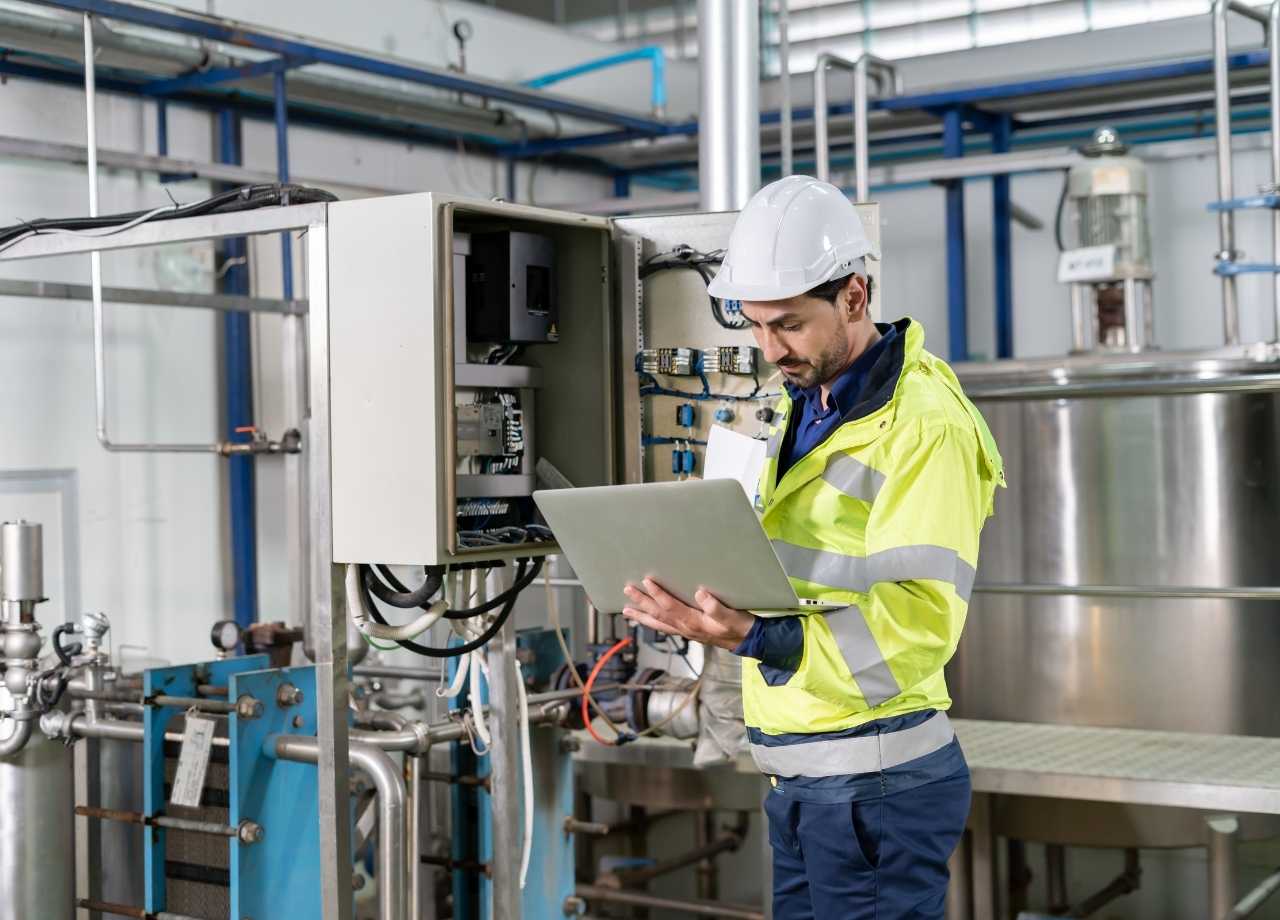Sustainability isn’t a trend — it’s a responsibility. In today’s world, organizations are expected to reduce their environmental footprint while maintaining healthy, safe facilities. This sustainable cleaning guide for facilities explores how thoughtful product selection, process optimization, and employee training reduce waste and chemical impact without sacrificing performance.
1. Smarter Chemical Use Starts with Product Selection
Every cleaning product leaves a footprint. Many conventional chemicals contain volatile organic compounds (VOCs) that can affect indoor air quality and harm sensitive building materials. Selecting concentrated, biodegradable, or certified eco-friendly products helps minimize both environmental and health risks.
When diluted properly, concentrated solutions significantly reduce packaging waste and transportation costs. For facility managers overseeing large portfolios, standardizing green cleaning products across all sites streamlines supply chains and ensures consistent results.
For guidance on safer product selection, review the U.S. Environmental Protection Agency’s (EPA) Safer Choice Program — a resource for identifying verified low-impact cleaning agents.

2. Reduce Water and Energy Consumption
Traditional cleaning practices often rely on heavy water and energy usage. Simple shifts in equipment and methods can deliver measurable savings. Microfiber systems, for example, require less water than cotton mops and trap more dirt and bacteria, improving efficiency.
Automatic dilution systems also help prevent chemical overuse and reduce wastewater contamination. Implementing these systems across a multi-site operation can drastically lower both operating costs and environmental impact.
At National Facility Contractors, we use sustainable cleaning technologies designed to minimize waste while maintaining the highest standards of cleanliness for every client.
3. Minimize Plastic and Disposable Waste
Waste reduction goes beyond chemicals. Many cleaning programs still rely on single-use plastics — from liners to spray bottles. Refillable containers, bulk concentrates, and reusable microfiber cloths all reduce landfill waste and cut recurring supply costs.
Facilities can also install recycling stations for packaging and cleaning supply containers, promoting a culture of sustainability across all locations. Consistent monitoring helps identify where waste reduction strategies deliver the greatest returns.
4. Train Teams on Sustainable Cleaning Practices
Sustainability isn’t just about products — it’s about people. Training cleaning teams on proper dilution ratios, chemical handling, and equipment maintenance prevents unnecessary waste. It also reinforces safety and ensures compliance with environmental regulations.
According to the International Sanitary Supply Association (ISSA), well-trained cleaning professionals can reduce chemical use by up to 25% while improving cleaning quality and safety. Ongoing education ensures these practices become part of your facility’s long-term culture.
5. Track, Measure, and Improve Over Time
The most effective sustainability programs are measurable. Track chemical usage, water consumption, and waste generation for each facility, and compare results over time. Modern janitorial software allows managers to analyze trends, identify inefficiencies, and make data-driven improvements.
Establishing sustainability benchmarks demonstrates accountability to leadership and clients while supporting broader ESG (Environmental, Social, and Governance) goals.
Sustainability in Cleaning Builds Stronger Facilities
Adopting sustainable cleaning practices is about doing the right thing — for people, for properties, and for the planet. Every adjustment, from choosing safer chemicals to reducing waste, contributes to healthier, more efficient facilities.
If your organization is ready to make sustainability part of its facility management strategy, contact National Facility Contractors to explore eco-friendly cleaning solutions that protect your spaces and the environment alike.






